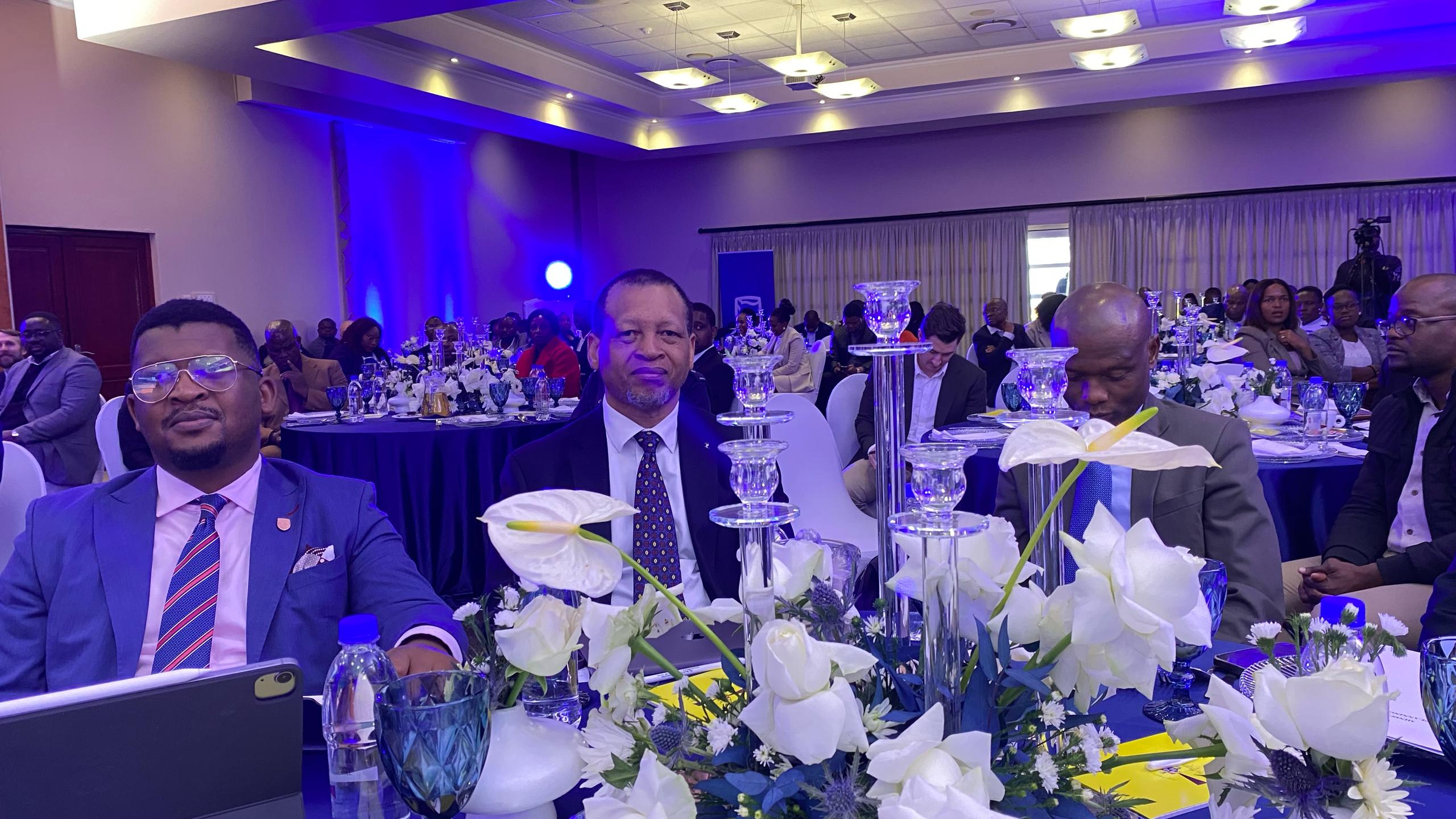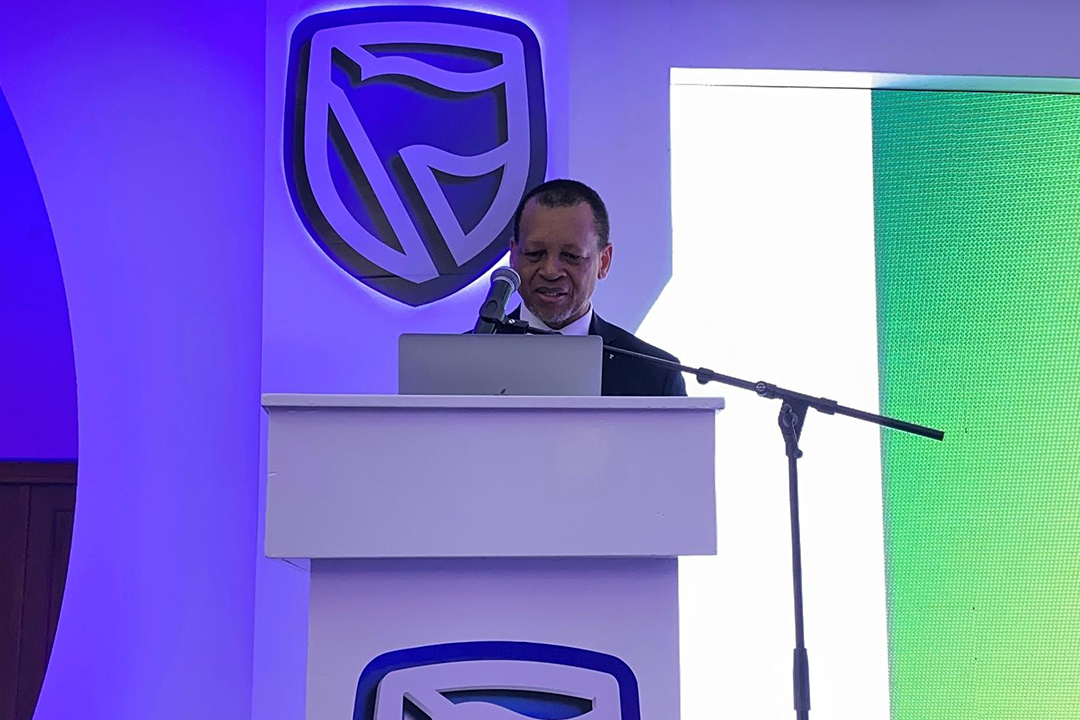By Tandzile Dlamini (Intern)
EZULWINI – Eswatini Electricity Company (EEC) initiated the development of the country’s first Geothermal Power Plant during the Eswatini Energy Indaba held yesterday at the Royal Villas, marking a step toward energy independence and sustainability.
EEC Managing Director, Ernest Mkhonta, outlined how the company is leveraging underground heat as a reliable renewable energy source. The initiative forms part of EEC’s broader strategy to reduce reliance on imported electricity and increase domestic generation through clean, sustainable methods. Mkhonta emphasized that geothermal power, though new to Eswatini, offers immense long-term benefits, including stable supply, low carbon emissions, and economic resilience.
“We are committed to developing innovative energy solutions that secure Eswatini’s future. Geothermal energy is one of the most reliable and sustainable options available,” said Mkhonta.

The geothermal project aligns with EEC’s five-year Vutsela Strategy, which focuses on financial sustainability, affordable electricity access, and environmental responsibility. The strategy also supports national development by contributing to GDP growth and improving the reliability of local energy supply.
The geothermal plant joins a growing list of domestic power initiatives, including the Lavumisa 10MW Solar PV Plant, already generating electricity, and the Maguga Expansion Project, set to boost local capacity by 13%.
Why Geothermal?
Unlike solar or hydroelectric power, geothermal plants generate electricity continuously, using heat naturally stored beneath the earth’s surface. This makes it a dependable base-load power source that strengthens grid reliability and complements intermittent sources like solar.
The EEC plans to begin with feasibility studies and environmental assessments, followed by phased development depending on resource availability and project viability.
Eswatini is still dependent on regional imports from South Africa and Mozambique, this strategic shift highlights EEC’s push for energy independenc . The company is also accelerating small-scale embedded generation projects and reinforcing transmission infrastructure to support local production.
“Energy security requires bold decisions, strong partnerships, and long-term planning. We are ready to lead that journey,” said Mkhonta.
As Eswatini embarks on this groundbreaking geothermal project, the 2025 Energy Indaba stands as a turning point, one where innovation, sustainability, and national pride converge to power a brighter, more self-reliant energy future.





